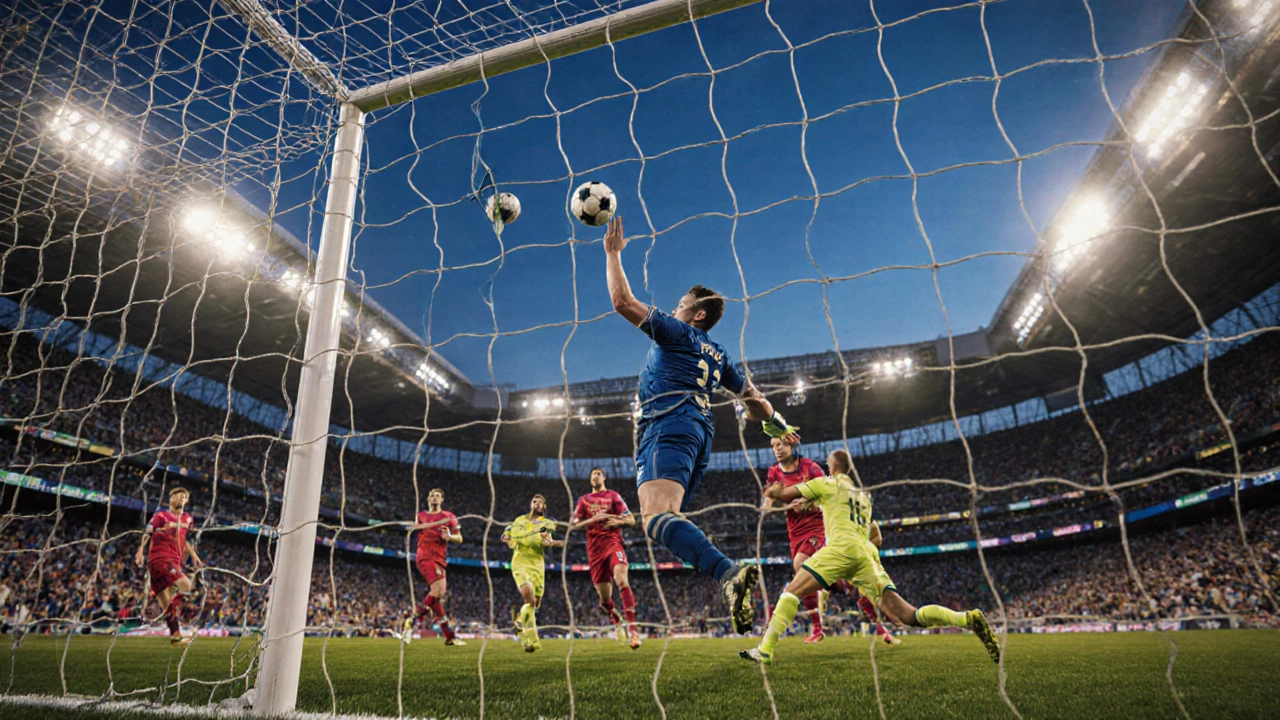
FIFA – Your Guide to Global Football
When you hear FIFA, the international governing body that oversees association football, futsal, beach soccer and other variants worldwide you’re thinking of the organization that sets the stage for the sport’s biggest moments. Also known as the Fédération Internationale de Football Association, it runs the FIFA World Cup, the quad‑yearly tournament that crowns the world champion, publishes the Laws of the Game, the official rulebook every match follows, and maintains the FIFA Rankings, a points system that ranks men’s and women’s national teams. All of these pieces work together to keep the sport unified across continents.
FIFA is more than just a name; it’s a network that links 211 national associations, clubs, players and fans. The organization’s flagship event, the World Cup, draws billions of viewers and generates massive economic impact for host nations. Behind the scenes, FIFA’s tournament structure creates a clear pathway: regional qualifiers feed into the World Cup, while the rankings determine seedings and group draws. This chain of events ensures competitive balance and maintains the global appeal of football.
Rules, Rankings and Development
The Laws of the Game, compiled by the International Football Association Board under FIFA’s guidance define everything from off‑side positions to penalty procedures. By updating these rules annually, FIFA responds to emerging tactics, technology (like VAR) and safety concerns. Parallel to rule‑making, the FIFA Rankings, calculated from match results, goal differences and competition importance give fans a clear picture of which nations are on top and influence tournament seedings. Together, the laws and rankings shape strategies on and off the pitch, driving teams to adapt and improve.
Beyond elite competition, FIFA invests heavily in grassroots programs, women's football, and futsal development. National associations receive funding, coaching education and infrastructure support to grow the game at the community level. These initiatives feed talent into professional leagues, expand the fan base, and reinforce the sport’s cultural relevance. As the governing body continues to adapt—whether by embracing new technologies, expanding the Women's World Cup, or revising the ranking formula—the ripple effects are felt from local clubs to the grandest stages. Below you’ll find a curated collection of articles that dive deeper into each of these areas, offering insights, tips and the latest updates on everything FIFA‑related.
